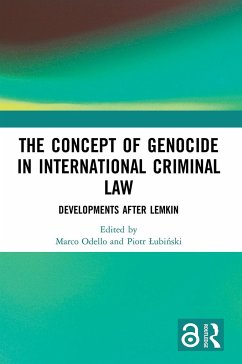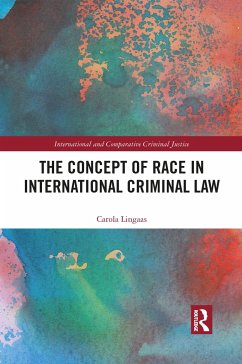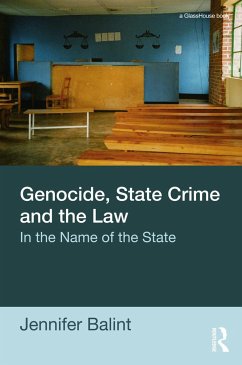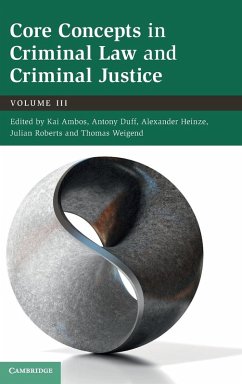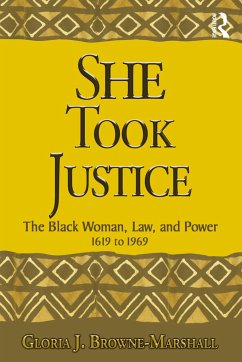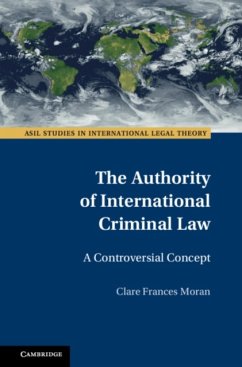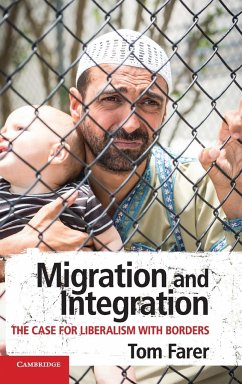Nicht lieferbar

Model(ing) Justice
Perfecting the Promise of International Criminal Law
This book is of interest to international law scholars and practitioners, students of transitional justice, and governance and development scholars. It can be used in undergraduate and graduate classes for students studying law and society, international relations, political science, sociology, international law, or human rights topics.





